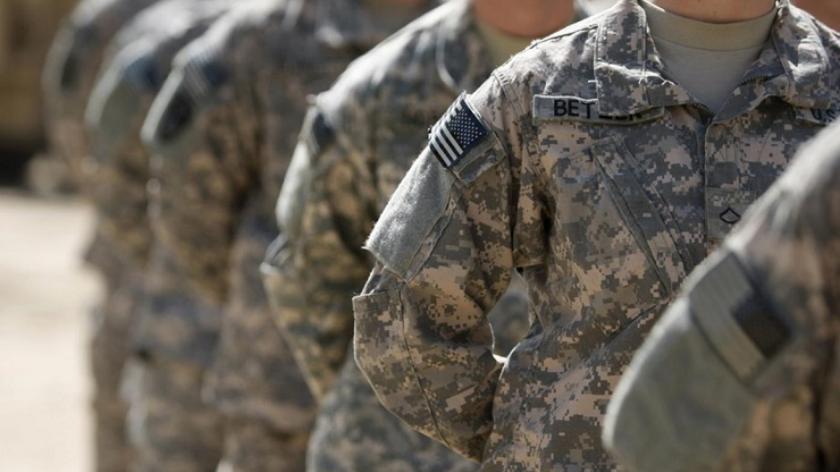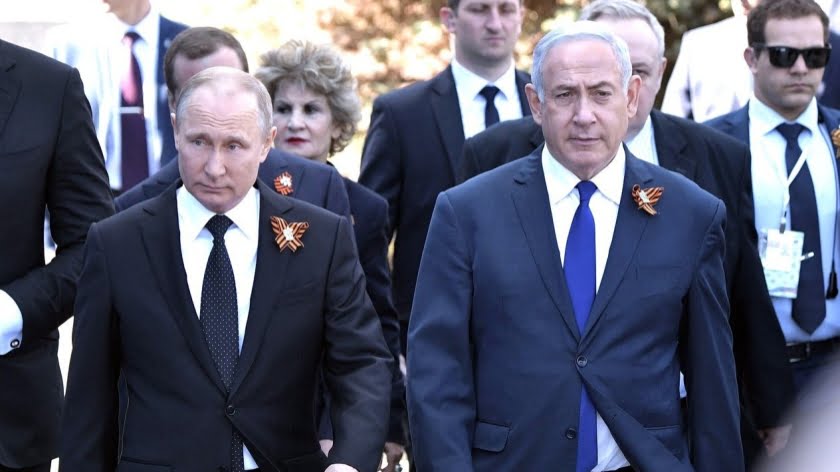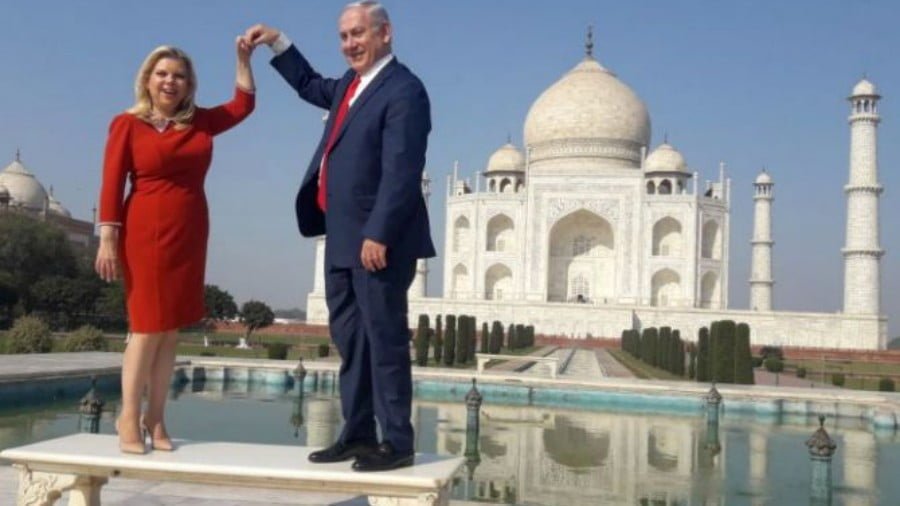USA’s “Middle Eastern Vietnam”
The United States lost the Vietnam War forty five years ago. By carrying out air strikes against the North and deploying US troops in the South, Washington hoped to weaken North Vietnam’s economy. The war saw some of the most intense aerial bombardment in the history of humankind. From 1964 to 1973, the United States Air Force dropped approximately 7.7 million tons of explosives and other ammunition on Indochina. At the time, many soldiers and officers often deserted from the US Army, and numerous veterans of the war suffered from psychological disorders, including the so-called Vietnam syndrome. Former officers unable to cope with their psychological problems even ended up committing suicide. Soon afterwards, many realized the futility of this conflict. And by signing the Paris Agreement on Ending the War and Restoring Peace in Viet Nam in 1973, the United States, which had lost 58,000 of its troops since 1965, ended its participation in the conflict, thus de facto admitting its defeat to the Democratic Republic of Vietnam, and left its territories. This was the first war that the United States lost in its history.
Unfortunately, these escapades in Vietnam did not teach the US military and political establishment a lesson, as the super-power has not given up its ambitions to bring governments that disagree with it into line in order to further its aims of world domination. And, today, this is readily discernible from Washington’s actions in Afghanistan, Iraq, Syria and many other nations, where armed conflicts (used as a tool by the United States) not only lead to destruction of many countries and their people by causing hunger, poverty and crises, but also fuel anti-American sentiments everywhere. As during the Vietnam Era, on account of the futility of the wars waged by the US military and political elite in Afghanistan, Iraq, Syria and a number of other nations, there has been an increase in suicides among US military personnel. According to information released by the United States Air Force, only in year 2019, suicide rates among servicemen on active military duty, in the US National Guard and the reserve forces rose by 33%.
At present, the growth in anti-war sentiment in the USA itself is not subsiding despite a ruse employed in Anglophone special purpose literature to portray military interventions by the United States and the US-led international coalition in Greater Middle Eastern nations not as a war but with a more neutral, in their opinion term, “conflict”. Such a designation is not based on either the scale or geographic reach of American military operations but, instead, on the fact that Washington, or more specifically the United States Congress, did not officially declare war against these countries. And all the repercussions of not doing so, legal ones too, for the American public include the absence of any corresponding United Nations resolutions. US analysts all too often claim that these wars stemmed from an escalation in tensions, which then turned into an armed confrontation. But this put and still puts the United States and members of its coalition in a fairly ambiguous position. After all, taking part in combat for, essentially, unlawful reasons means that, in the end, they may be held responsible for their actions by the global community, as so happened during the Russell Tribunal, which “investigated and evaluated American foreign policy and military intervention in Vietnam”.
The so-called “deal of the century” proposed by US President Donald Trump to establish peace in the Middle East has drawn fire not only from political opponents of the US leader and the USA but also from allies within NATO. For instance, recently Turkish President Recep Tayyip Erdoğan called the Middle East plan an “occupation project”. He said that the deal would not serve peace or bring about a solution, instead it aimed to legitimize Israel’s occupation.
Measures taken by Washington to physically “eliminate” its political rivals and arrange to assassinate them (take, for instance, the US operation against Major General Qasem Soleimani in Iraq) not only lead to increased opposition against the United States but also to greater threats facing American citizens themselves. In retaliation to Washington’s barbaric actions, Iranian politicians expressed their willingness to orchestrate “another Vietnam war” for Americans if they refused to leave the Middle East. Residents in the region, who have recently increased missile attacks on US military bases, embassies and consulates, also made the same promise. Earlier, American analyst Scott Bennett warned that Iraq had been increasingly turning into the second “Vietnam in the Middle East” for Washington, and pointed out that the US invasion of this nation had been completely “unconstitutional” and had, above all, violated the UN Charter. He also stated that the American presence in the region had had no positive impact and only led to ruin, death and destruction.
According to CNN reports, the US operation in Iraq could end in humiliation for Washington. American President Donald Trump is yet to withdraw US troops from Iraqi territories despite his election campaign promises to put an end to drawn-out wars. Now the United States is faced with the possibility of being kicked out of Iraq, which would be a significant victory for Iran as it is consolidating its already considerable influence in Baghdad. The ejection of the United States from Iraq could put a humiliating end to its drawn-out military intervention there, which has cost billions of dollars (of taxpayer money) and resulted in the death of thousands of US servicemen.
For now, Iraq has stopped all joint operations with the United States aimed against Daesh (a terrorist group banned in the Russian Federation). And Iraq’s caretaker Prime Minister stated that the withdrawal of American forces was the only means of protecting the people living within Iraqi borders.
The reaction of the Syrian population towards American aggression is causing the “Vietnamization” of the crisis in this country. Recently, in the Syrian village of Harbat-Hamo (situated 10 km to the east of the town of Qamishli in Al-Hasakah Governorate), Kurdish locals revolted by refusing to allow an American convoy, comprising several vehicles, to pass through. And only action taken by Russian patrol troops helped protect the US servicemen from the growing ire of the Syrians.
Things are also not going well for the United States in Afghanistan, which was plunged by Washington into an almost 20-year armed conflict that thousands of civilians die in on an annual basis.
Nowadays, many media outlets and analysts in the United States and abroad are coming to the realization that it is time for Washington to give up its ambitions to transform the region in line with its vision. The most recent attacks on US facilities in the Middle East as well as challenges the United States faces when taking retaliatory measures, all raise questions, which Washington has chosen to ignore for many years, about the aims the US interventions in Middle Eastern affairs served.
In the present climate, a view that the USA is left with only two options if it wishes to remain a player in the region has even been expressed. The first is for the United States to follow the same path as in Vietnam before 1973, and engage in military combat in the region, against Iran too, knowing full well that this will lead to yet another drawn-out war, which will be impossible to win.
Still, Washington has another option (similar to the one used in Vietnam after 1973), i.e. to end the armed conflicts in the Middle East, instigated by previous US administrations, just as Donald Trump promised during his election campaign. After all, although the United States was unable to defeat Vietnam with napalm and bombs, it did return to this nation with its investments and military aid! The second option encourages the USA to follow more realistic policies that take into consideration the current climate, in which it no longer has an overwhelming advantage in terms of wealth and power. The United States needs to learn to protect its interests in the region via diplomacy, agreements and alliances and not by resorting to never-ending armed conflicts. Such a shift in its politics will benefit the USA as well as other nations, which exist under the illusion of being protected by an American “shield” and, as a result, pursue their own, unstable policies.
By Vladimir Platov
Source: New Eastern Outlook







